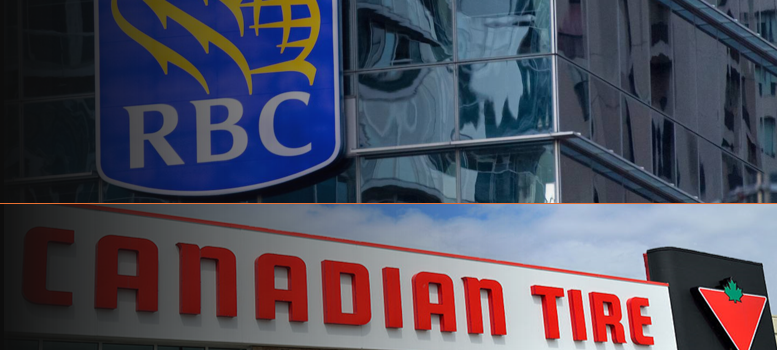Online shoppers want transparency on fees, control over the delivery process, easy returns and loyalty rewards
> 96 per cent of online shoppers have used a marketplace
> 56 per cent track the status of deliveries
> 36 per cent returned an item in the last three months
MISSISSAUGA–A glitzy website or a modern app aren’t enough to satisfy today’s savvy online shoppers. They demand upfront transparency on fees, control over the delivery process, a clearly-stated returns policy and loyalty rewards, according to new research from the 2019 UPS Pulse of the Online Shopper study.
The 2019 UPS Pulse of the Online Shopper study captured evolving trends, preferences and expectations of online shoppers in 15 countries and regions, including Canada, the U.S., Asia, Europe, Mexico, Brazil and, for the first time, India. This latest Pulse examined the generational impact that Baby Boomers, Gen Xers, Millennials, and Gen Zers are having on retail trends, offering retailers, wholesalers and manufacturers intelligence that can help them grow and compete globally.
“For seven years, the UPS Pulse of the Online Shopper has spotted emerging e-commerce trends before they became mainstream,” said Kevin Warren, chief marketing officer, UPS. “This proprietary research is just one way UPS continues to offer valuable insights that help retailers and shippers make strategic decisions to meet changing global consumer needs.”
Key themes pulled from this year’s study include:
The critical customer experience begins with research. Ninety percent of customers research items before purchasing them online, while younger generations are most likely to be influenced by customer reviews. 95 per cent of all buyers expect to see all shipping fees and taxes totaled before they’ll complete the purchase.
Online shoppers want to feel valued and be rewarded. As a result, about one in five (19%) of consumers have more than five loyalty memberships. Reasons given for joining include free shipping, members-only discounts and rewards points.
Meanwhile, online marketplaces remain popular: 96 per cent of online shoppers have used a marketplace, while 36 per cent of consumers worldwide intend to purchase more on marketplaces in the next 12 months. Worldwide, 48 per cent of consumers buy items impulsively on marketplaces.
Shoppers still want choice and convenience, but they’d rather not pay for it. Respondents like next-day deliveries, but they will consider other options – such as lower fees or incentives – for slower shipping. Millennial shoppers are more likely to choose accelerated delivery options than other age groups. Generally, though, online shoppers show a very low appetite for paying for shipping. That’s why they’ll take various actions to obtain free shipping, including adding items to the cart (36%), choosing the slowest transit time (32%) and searching online for a promo code (32%).
Fifty-six per cent of online shoppers track deliveries, with Americans the most likely to be active trackers. (When it comes to offering visibility and tracking solutions UPS offers consumers UPS My Choice.)
Returns remain key to return customers. Returning merchandise remains a key demand for online shoppers, with 73 per cent of surveyed consumers responding that the returns experience affected whether they would continue shopping with a retailer. Globally, 36 per cent of online shoppers returned an item in the previous three months.
Globally, about two-out-of-three shoppers (63%) ship returns back to sellers/retailers. This method is the most popular in Europe and Asia-Pacific (APAC), where 67 per cent of shoppers ship their returns. Meanwhile, the main reason cited for a poor returns experience is delay in getting a refund (25%). Having to pay for a return annoys a significant percentage of consumers (24%), as does a delay in receiving an exchange or a replacement item (21%).
For more information or to download the full 2019 UPS Pulse of the Online Shopper research report, visit ups.com/pulse ups.com/pulse.
The UPS Pulse of the Online Shopper study evaluates consumer shopping habits from pre-purchase to post-delivery. The study was conducted in early 2019 and is based on a PwC survey of more than 18,000 online shoppers worldwide. Respondents made at least two online purchase in a typical three-month period.
UPS is a global leader in logistics, offering a broad range of solutions including transporting packages and freight; facilitating international trade, and deploying advanced technology to more efficiently manage the world of business. Headquartered in Atlanta, UPS serves more than 220 countries and territories worldwide.




